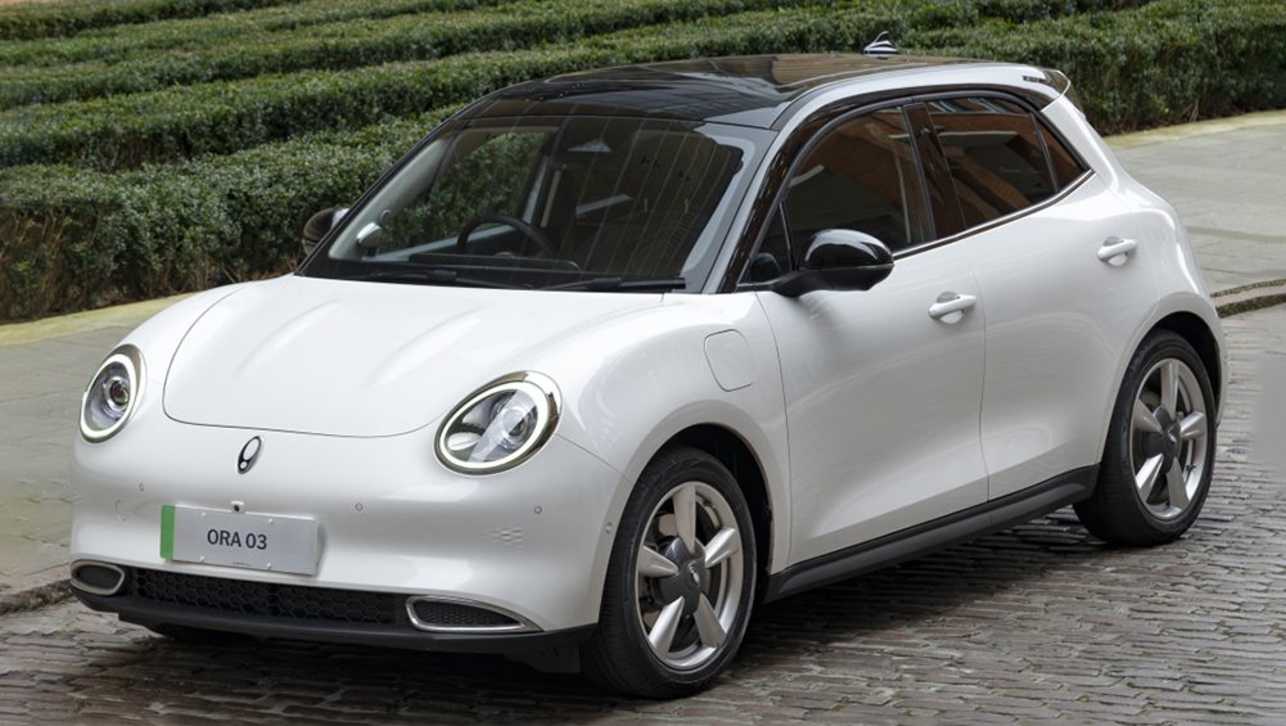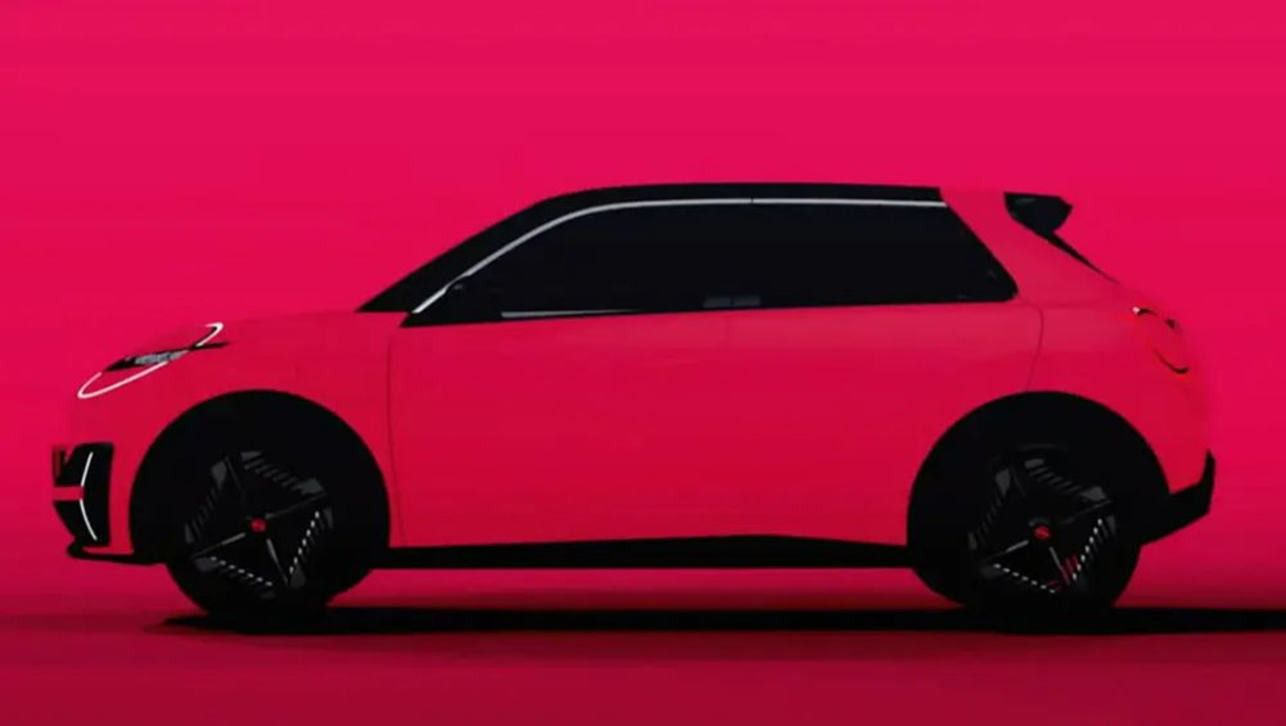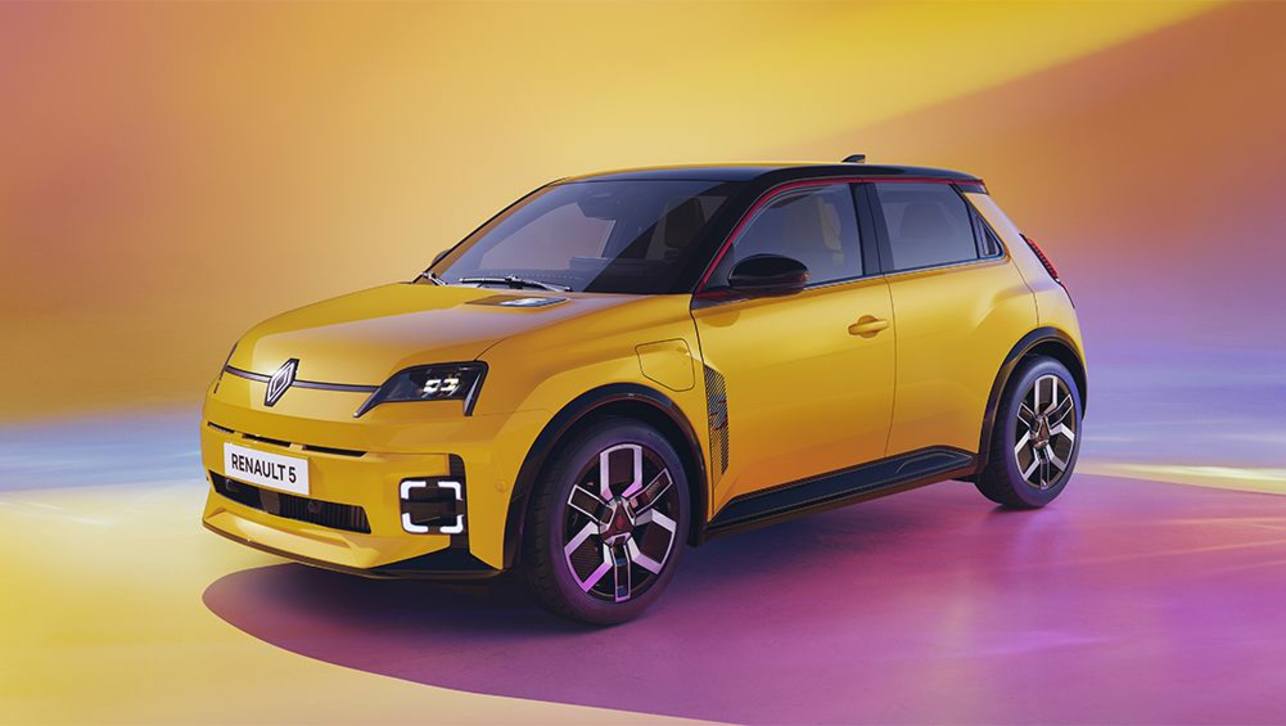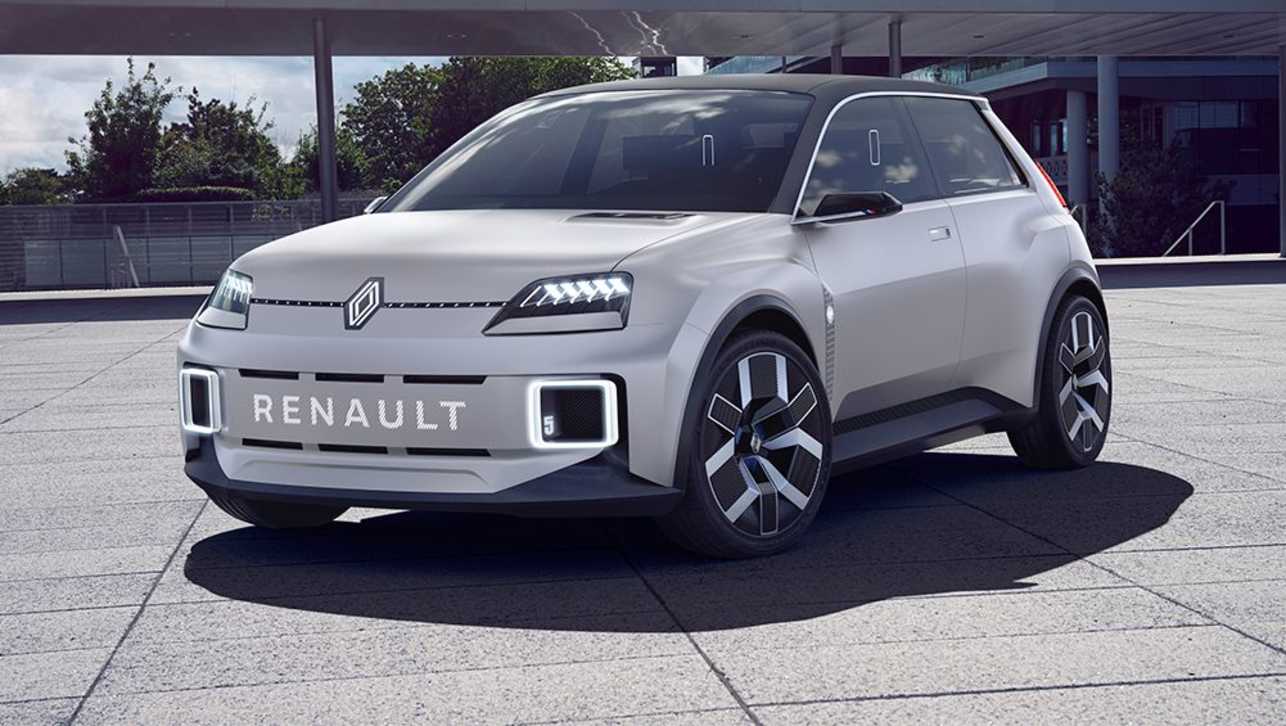Autonomous and connected cars will change the way you live your life, not in the next decade or two, but in the next five years, according to a man who should know, Carlos Ghosn, the boss of the giant Nissan-Renault-Mitsubishi Alliance.
Speaking to CarsGuide in Sydney today, Mr Ghosn also predicted that his group of companies is best placed to become the dominant player in the global market as smart cars are rolled out by the likes of Apple, Google and Uber.
“What I’m talking about is autonomous cars, not driverless cars, and that means you are sitting at the wheel and you can decide when you want to drive and when you want the car to drive for you,” Mr Ghosn, widely seen as one of the wisest minds in the car business, explained.
.jpg)
“By 2022, most of the cars on the street will have some kind of autonomy and some kind of connectivity, and the premium market is going to be totally autonomous and totally connected.
“You are going to have massive growth in the next four or five years because it is such a huge advantage for the driver.
.jpg)
“This will change the way people see cars, because your vehicle will become a mobile space where you can work, you can rest, you can relax, you can see a movie, you can video conference. Compare that to today where it’s a transport device, you sit there with your eyes on the road your hands on the wheel and you can’t do anything else but listen to music.”
Mr Ghosn says that if you look at how much time people spend, on average, in there cars at present - one hour a day in the US and Australia, up to two hours in parts of Europe and China - you really are looking at changing the way you live when you can give back that time.
.jpg)
“What’s driving autonomy is that the customer will want it; it’s a productivity gain, it’s adding quality of life and giving time to the consumer, because you can suddenly use those two hours to finish your reports, teach your kids, read a book,” he says.
“Obviously this is of huge interest to the carmakers because it means the car becomes an even more indispensable part of people’s lives. Obviously it’s an integral part now, but now it’s only a device for getting your body from one place to another, once we have autonomy and connectivity it becomes a mobile space to live in.”
Mr Ghosn says it is too soon to tell which companies will be the winners with the move to autonomy but that the competition is on in earnest, and he is determined to stay at the top.
When it comes to the next stage of development; driverless cars, or “robo-taxis” as he calls them, Mr Ghosn believes his company will be well placed to succeed there as well.
“What gives us an advantage is that all the people who are looking at autonomous and connected vehicles, people like Uber and Google and Apple, they all see the future as being electric cars, and we are already number one in the world when it comes to selling electric cars,” he says.
“No one who is developing those cars wants an internal-combustion engines.”
With Mitsubishi, another company with a focus on EVs and plug-in hybrids, now in the Renault Nissan fold, the total Alliance has sold more than 420,000 electric vehicles worldwide.
Not many of those have been sold in Australia, of course, where Mr Ghosn says he sees very few signs that our market is ready to go electric, because there is little or no support from our governments.
“I don’t think there’s anything to lead us to think that Australia is going to get electric cars soon,” he opined.
“Usually EVs take off when there is government policy to support zero-emissions technology, which exists now in China and Japan, and France, and the US and the UK, and now in Germany.
You need the government to help subsidise them, and to provide the necessary infrastructure for charging, and that’s not happening here.”





.jpg)
.jpg)



.jpg)
.jpg)
.jpg)
.jpg)


.jpg)


.jpg)


.jpg)
.jpg)






Comments